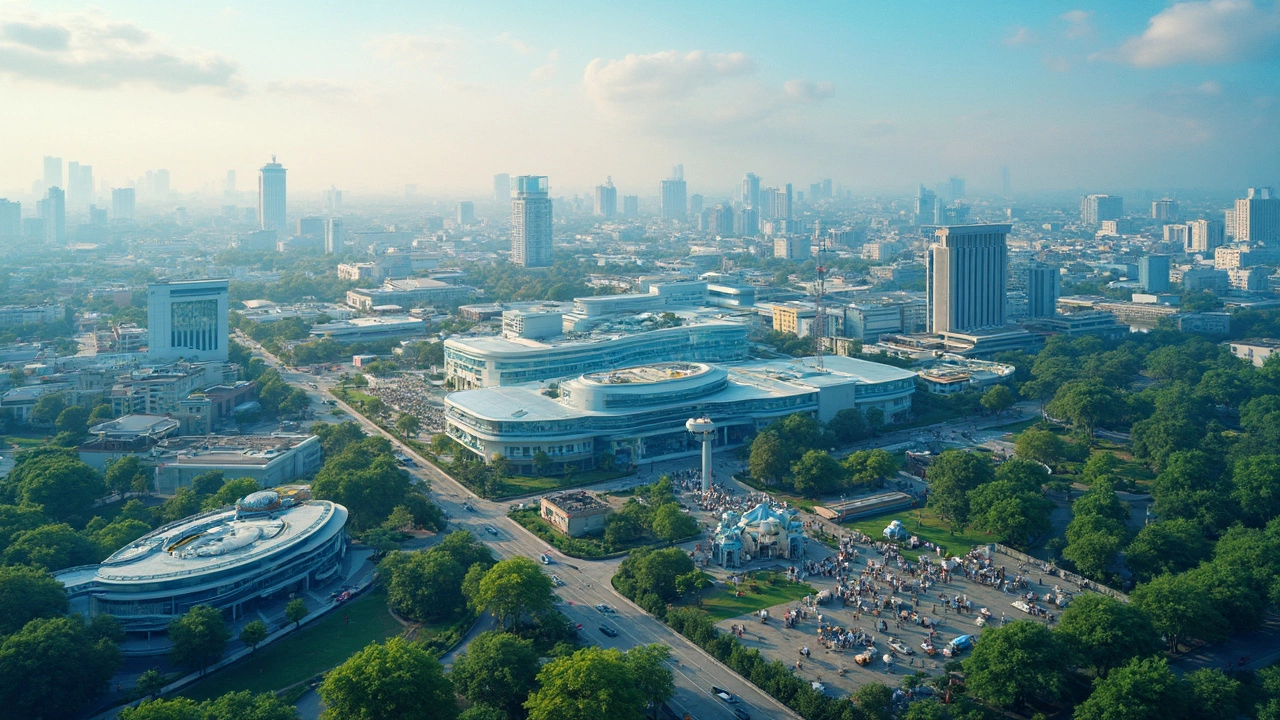Bulk Drugs: What They Are, How They're Made, and Why They Matter
When you hear the word “drug,” you probably picture a tablet or a vial. Behind every finished medicine is a bulk drug, also called an active pharmaceutical ingredient (API). Bulk drugs are the raw chemicals that give a medicine its therapeutic effect. In India, the bulk drug sector fuels a large part of the pharma industry, supporting everything from generic tablets to specialty medicines.
How Bulk Drugs Are Produced
Making a bulk drug starts with a chemical recipe called a synthesis route. Chemists choose a route that balances cost, safety, and yield. First, they source raw chemicals—often petro‑based or natural extracts—and run them through reactors under controlled temperature and pressure. Each reaction step creates a new intermediate, which is purified using techniques like filtration, crystallisation, or chromatography. The final product is a fine powder that meets strict purity standards set by agencies such as the US FDA or CDSCO in India.
Quality control is a nonstop process. Labs test for potency, impurity levels, moisture content, and particle size. Any deviation can trigger a batch rejection, which means wasted material and lost revenue. That's why reputable bulk drug manufacturers invest heavily in modern equipment, trained staff, and robust documentation.
Key Trends Shaping the Bulk Drug Market
India’s bulk drug market is growing fast, driven by expanding global demand for affordable generics. In 2024, India accounted for about 20% of the world’s API exports, with a focus on anti‑infectives, cardiovascular drugs, and oncology agents. Two trends stand out: the shift toward greener chemistry and the rise of contract manufacturing organisations (CMOs). Green chemistry aims to cut hazardous waste and use renewable feedstocks, which appeals to regulators and environmentally‑aware customers. CMOs, on the other hand, let smaller pharma firms outsource API production, reducing capital investment and speeding up time‑to‑market.
Another driver is government policy. Schemes like Production Linked Incentive (PLI) for APIs encourage domestic production, lowering reliance on imports and creating jobs. As a result, more players are entering the space, from small startups to large multinational labs.
Choosing a Reliable Bulk Drug Supplier
Picking the right supplier can make or break your drug development project. Start by checking certifications—look for GMP, ISO 9001, and any relevant regulatory approvals. Ask for batch records and quality certificates to verify purity and consistency. A transparent supplier will share their process flow, stability data, and any known disadvantages of the API.
Cost is important, but the cheapest option isn’t always the best. Compare lead times, shipping terms, and after‑sale support. Suppliers that offer technical assistance, such as formulation advice or scale‑up guidance, add real value. Finally, consider the supplier’s financial health and track record; a stable company is less likely to face disruptions that could delay your production.
In short, bulk drugs are the building blocks of every medicine you take. Understanding how they’re made, what market forces shape them, and how to evaluate a supplier helps you make smarter decisions—whether you’re a pharma entrepreneur, a formulation chemist, or a business analyst keeping an eye on the industry.

Pharma Hub Hyderabad: Why India’s Medicine Industry Relies on This City
Hyderabad has earned the nickname 'pharma hub' thanks to its massive pharmaceutical manufacturing industry, world-class research centers, and skilled workforce. This article digs into how the city climbed to the top, what makes its pharma sector boom, and why global companies are setting up shop here. Find out how Hyderabad became the go-to place for drugs and medicines in India, what the advantages are for manufacturers, and why the city shows no signs of slowing down. Whether you’re in the industry or just curious, you’ll get clear answers and handy info here.
Read More